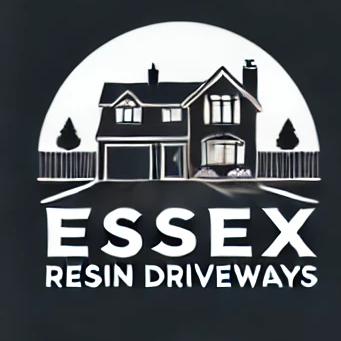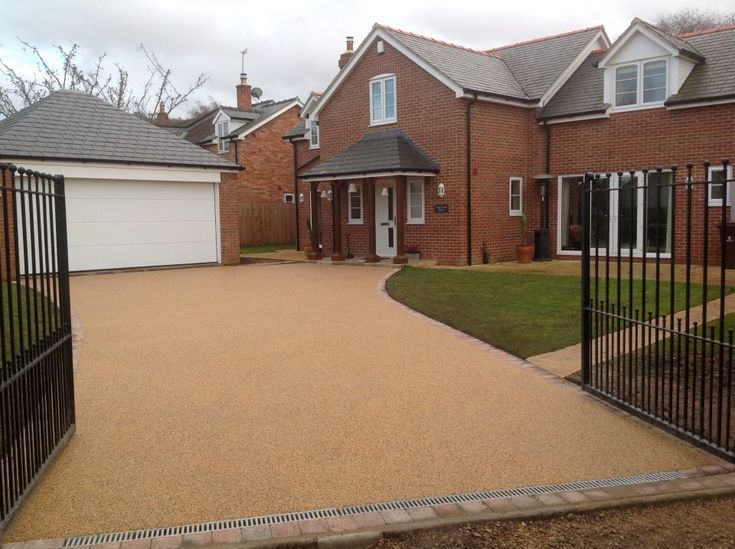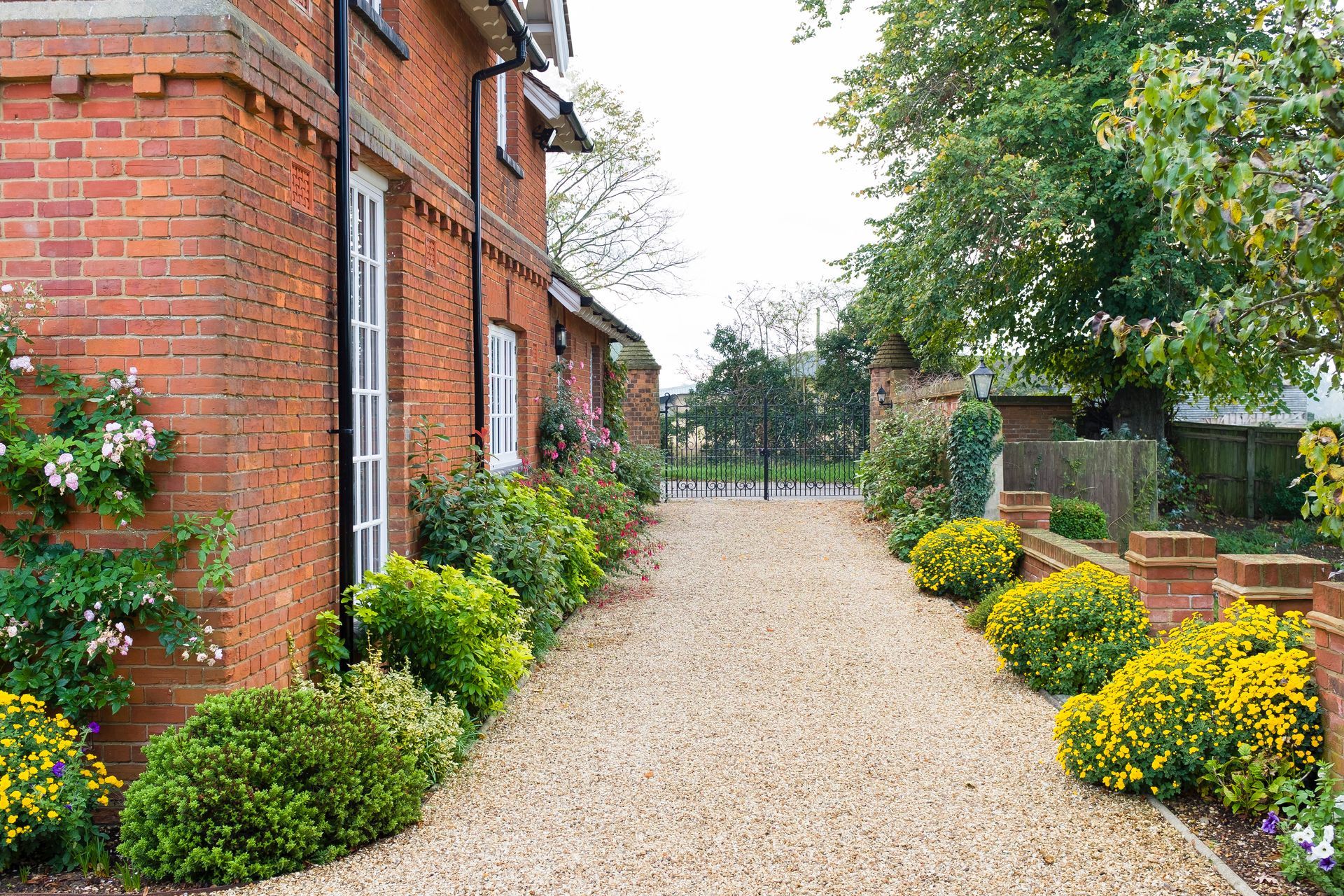What Is the Best Type of Resin for Driveways?
What Is the Best Type of Resin for Driveways in Essex?
Driveways are an integral part of any home’s exterior, serving both a functional and aesthetic purpose. Resin driveways are a popular choice for homeowners looking for durability, low maintenance, and visual appeal. However, choosing the right type of resin is crucial for achieving the best results. Different types of resin are available, each with its unique properties, strengths, and suitability for specific conditions.
In this blog post, we’ll explore the types of resin used for driveways, their benefits, and how to determine which one is the best for your project. Whether you’re a homeowner, contractor, or designer, understanding these options will help you make an informed decision and ensure long-lasting results.
Introduction: Why Resin Driveways Are a Popular Choice
Resin driveways have gained significant popularity due to their sleek finish, durability, and eco-friendliness. Unlike traditional asphalt or concrete, resin-bound driveways combine aggregate stones with resin to create a permeable, seamless surface. This makes them ideal for areas prone to heavy rainfall, as they comply with Sustainable Urban Drainage Systems (SUDS) regulations by allowing water to drain through the surface.
Choosing the right type of resin is essential for ensuring your driveway stands up to traffic, weather, and time. Let’s dive into the two primary types of resin used for driveways: polyurethane resin and epoxy resin.
Types of Resin for Driveways
Polyurethane Resin
Polyurethane resin is the most commonly used material for resin-bound driveways. This resin is known for its flexibility, durability, and resistance to environmental factors like UV rays.
Advantages of Polyurethane Resin:
- UV-Stability: Polyurethane resin is UV-resistant, meaning it won’t discolor or degrade when exposed to sunlight.
- Flexibility: Its elasticity allows it to adapt to minor ground movements, preventing cracks and damage.
- Weather Resistance: Polyurethane resin is highly resistant to extreme temperatures, making it ideal for regions with varying climates.
- Long-Lasting: Offers a lifespan of 20+ years with proper maintenance.
Ideal For:
- Outdoor driveways exposed to direct sunlight.
- Areas prone to temperature fluctuations or minor ground shifts.
- Residential and commercial projects requiring a durable, visually appealing finish.
Epoxy Resin
Epoxy resin is another option, but it is less commonly used for outdoor driveways. This resin is better suited for interior flooring applications or areas not exposed to UV rays.
Advantages of Epoxy Resin:
- High Bond Strength: Offers excellent adhesion to the substrate, ensuring a solid base.
- Smooth Finish: Creates a sleek, professional appearance.
- Cost-Effective: Often more affordable than polyurethane resin.
Limitations:
- UV-Sensitivity: Epoxy resin tends to yellow and degrade over time when exposed to sunlight, making it unsuitable for outdoor use.
- Brittle Nature: It lacks the flexibility of polyurethane resin, which can lead to cracks under stress or ground movement.
Ideal For:
- Indoor applications such as garages or basements.
- Covered driveways or areas with minimal sunlight exposure.
Benefits of Using Polyurethane Resin for Driveways
If you’re looking for the best type of resin for your driveway, polyurethane resin stands out for several reasons:
- Durability for High Traffic: Perfect for residential or commercial driveways that experience frequent vehicle and foot traffic.
- Aesthetic Versatility: Available in various finishes and colors to complement any property’s design.
- Eco-Friendly: Its permeability ensures compliance with SUDS regulations, reducing water runoff and flooding risks.
- Low Maintenance: Requires minimal upkeep, typically limited to occasional cleaning.
- Seamless Integration: Works well with various aggregate types, including natural stones, quartz, and recycled materials.
Factors to Consider When Choosing Resin for Your Driveway
UV Stability
For outdoor driveways, always opt for UV-stable resin to ensure the surface doesn’t yellow or degrade over time.
Traffic Load
Consider the amount of traffic your driveway will endure. Polyurethane resin is ideal for handling heavy loads without compromising its structure.
Aesthetic Preferences
Choose a resin type that complements your desired finish. Polyurethane resin pairs beautifully with decorative aggregates for a luxurious look.
Budget
While polyurethane resin may have a higher upfront cost, its durability and longevity make it a cost-effective choice in the long run.
Installation Expertise
Ensure you hire experienced contractors who understand the nuances of working with resin materials for driveways. Proper installation is key to achieving the best results.
Maintenance Tips for Resin Driveways
Regardless of the resin type you choose, proper maintenance is essential to maximize its lifespan:
- Regular Cleaning: Sweep debris and wash the surface with water and mild detergent to prevent staining.
- Avoid Harsh Chemicals: Use resin-safe cleaning products to avoid damaging the surface.
- Repair Minor Damage Promptly: Address cracks or chips immediately to prevent further deterioration.
- Periodic Sealing: Consider resealing the surface every few years to maintain its appearance and functionality.
Frequently Asked Questions
What is the best type of resin for driveways exposed to sunlight?
Polyurethane resin is the best option for driveways exposed to sunlight due to its UV stability, which prevents discoloration and degradation.
Can I use epoxy resin for my outdoor driveway?
While epoxy resin is durable, it’s not ideal for outdoor driveways because it tends to yellow and crack under UV exposure and weather fluctuations.
How long does a resin driveway last?
With proper installation and maintenance, a resin-bound driveway made with polyurethane resin can last 20+ years.
Is a resin driveway eco-friendly?
Yes, resin bound driveways are eco-friendly because they are permeable, reducing water runoff and helping to manage drainage.
Are resin driveways slippery?
Resin bound driveways are designed to be slip-resistant, making them safe for both pedestrians and vehicles.
How much does a resin driveway cost?
The cost depends on factors like size, resin type, and aggregate choice, but on average, resin driveways cost between £50-£180 per square meter in the UK.
| Feature | Polyurethane Resin | Epoxy Resin |
|---|---|---|
| UV Resistance | Highly resistant | Prone to discoloration |
| Flexibility | Adapts to ground movement | Rigid and less flexible |
| Durability | Long-lasting under heavy traffic | Less durable in outdoor conditions |
| Weather Suitability | Excellent for outdoor environments | Best for indoor or shaded areas |
| Cost | Slightly higher upfront cost | More affordable option |
Conclusion: Choosing the Best Resin for Your Driveway
When it comes to resin driveways, polyurethane resin is the superior choice for outdoor applications. Its UV stability, flexibility, and durability make it ideal for withstanding the demands of daily use and exposure to the elements. While epoxy resin has its advantages, it’s better suited for indoor or shaded areas.
Investing in the right type of resin, combined with professional installation and proper maintenance, ensures that your driveway remains a functional and attractive feature of your home for years to come.
For further information, Click here to visit our website or call Essex Resin Driveways on 01245-968085.
Click here to complete our contact form and see how we can help you with your Driveway requirements.
You might also like
Book a Service Today
We will get back to you as soon as possible
Please try again later
Location
Call
All Rights Reserved | Essex Resin Driveway | Powered by Snapps


